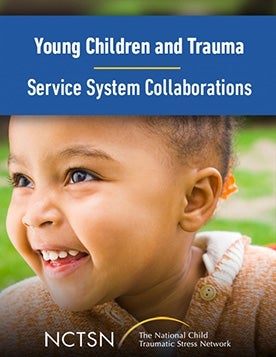
Consultation with Child Protective Services
Discusses how mental health professionals can work with child protective services workers to provide trauma-informed care to infants and toddlers who come to their attention because of abuse or neglect.
The following resources on child trauma were developed by the NCTSN. To find a specific topic or resource, enter keywords in the search box, or filter by resource type, trauma type, language, or audience.

Discusses how mental health professionals can work with child protective services workers to provide trauma-informed care to infants and toddlers who come to their attention because of abuse or neglect.
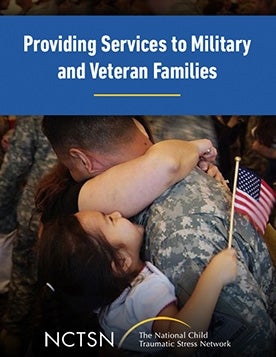
Introduces the basics of a polytrauma system of care and brain injuries.
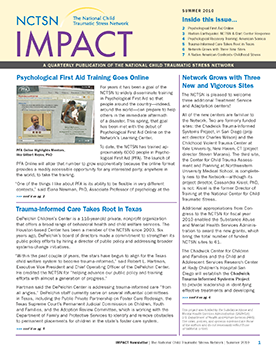
Features a number of articles on the Network's disaster-related work, including its response to the earthquake in Haiti and trainings in American Samoa.
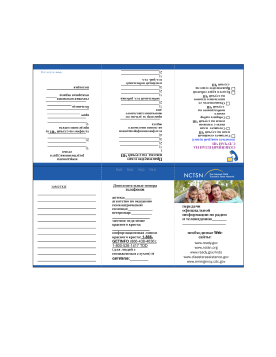
Allows families to list important telephone numbers and other information that could be useful in the case of an emergency.
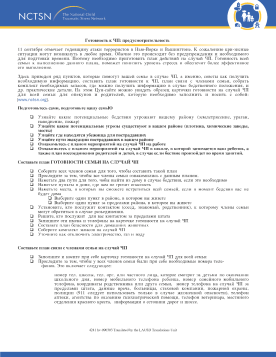
Accompanies the Family Preparedness Wallet Card. This guide helps families develop a safety plan so that they may be prepared in the event of a disaster. This is the Russian version of Family Preparedness: Thinking Ahead.
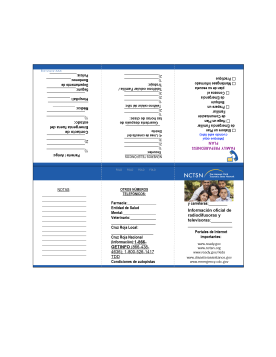
Permite a las familias enlistar números de teléfono importantes y otra información que podría ser útil en caso de una emergencia.
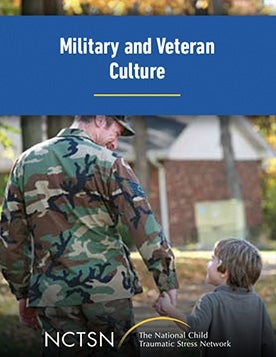
Provides an introduction to Naval Center for Combat & Operational Stress Control. This webinar describes Navy culture and discusses Operational Stress Control.
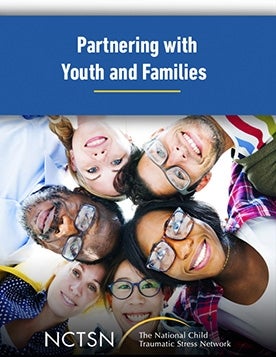
Describes the benefits of such boards to both families and providers from a consumer's perspective. This webinar discusses the rationale for creating a consumer board, as well as the planning and recruitment processes.
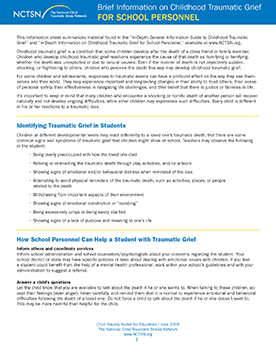
Offers information on childhood traumatic grief. This fact sheet provides descriptions of childhood traumatic grief, normal and typical grief, and what to do for childhood traumatic grief for teachers and school personnel.

Ofrece información sobre el duelo traumático infantil. Este folleto informativo define lo que es del duelo traumático infantil, el duelo típico y normal y describe qué pueden hacer los maestros y el personal de la escuela ante el duelo traumático.
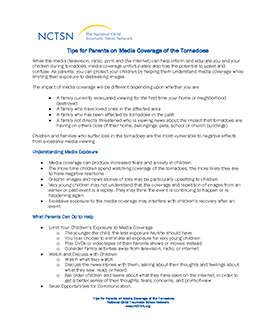
Gives information to parents and caregivers about media coverage following a tornado. This tip sheet describes what parents can do to help their children, media exposure after disaster events, and talks about what it is like when a family is a part of the story.
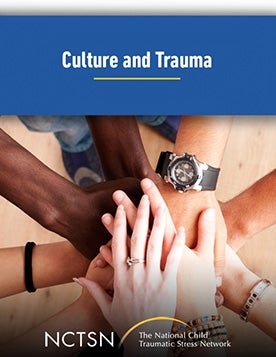
Discusses the stigma around Latinos seeking mental health treatment.